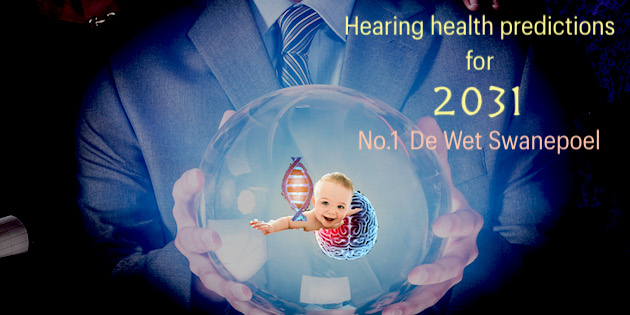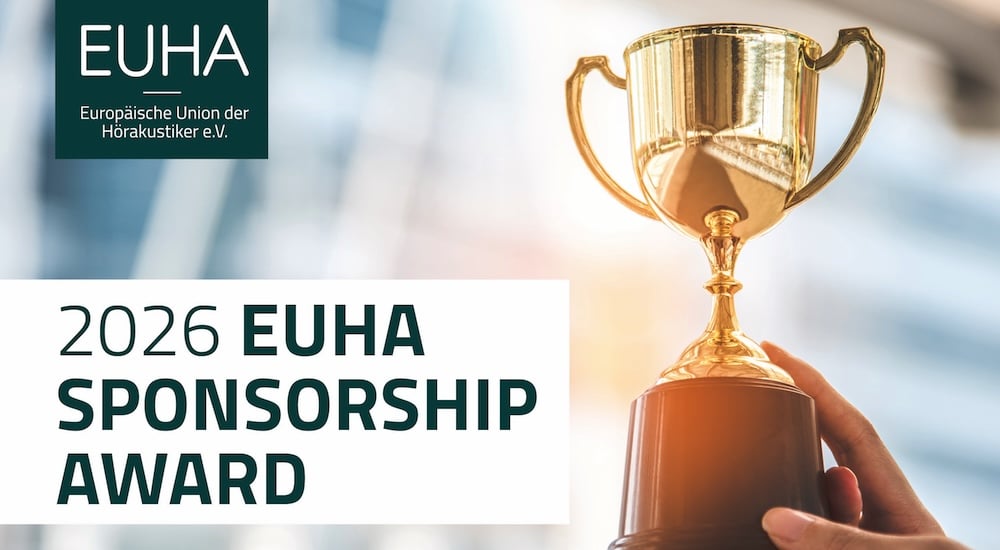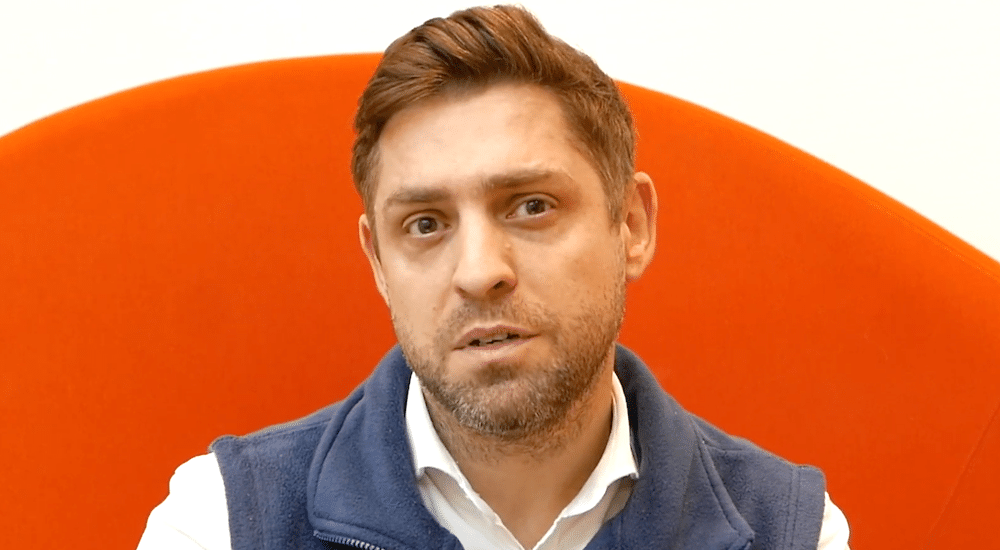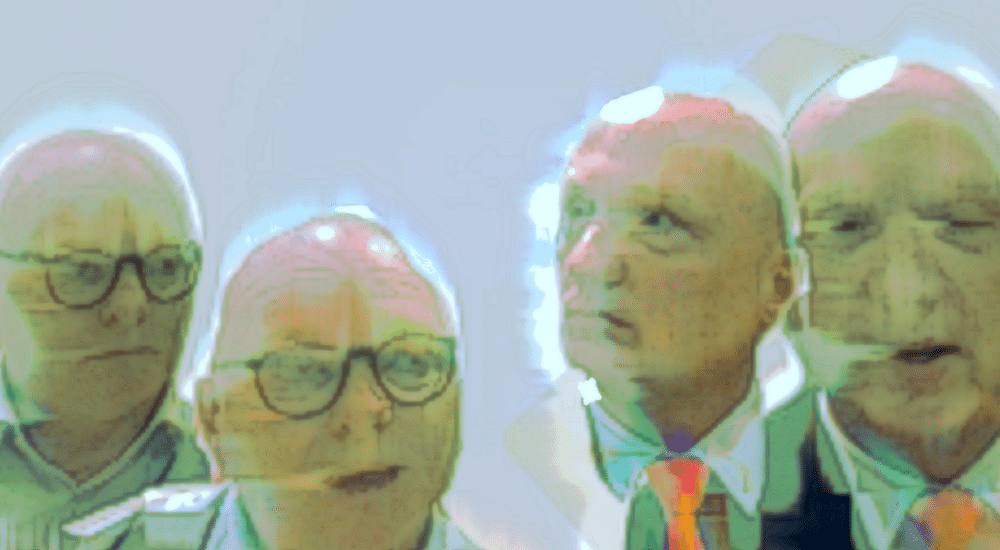Predictions for 2031. De Wet Swanepoel : How COVID triggered the hearing health care revolution
futures
We consulted 15 audiology experts on what everyone in hearing health will be talking about in 2031? No. 1: De Wet Swanepoel.

Audiology World News asked an international array of hearing health experts asked for their visions of the future; we got a big picture!
The balance of opinion and references together spawn many key questions, some as relevant to the present as they are to the future.
A predicted shift of audiology into other health areas is mostly posited on tech developments allowing hearing devices to have so successfully mastered monitoring of our lives by 2031 that they become too useful to do without. The role of artificial intelligence is, of course, crucial to this technology-based 2031, while some experts understandably see this tied to the eventual merging of the hearing aid and the mobile phone into one device.
Some, such as our first visionary, underlined the impact of the pandemic on shaping the future of health areas such as audiology:

De Wet Swanepoel PhD. Professor of Audiology at the University of Pretoria, South Africa, and editor-in-chief of the International Journal of Audiology.
The ingredients were already there, of course. The 4th industrial revolution, technologies and connectivity supporting telemedicine, and consumer electronic giants’ increasing interest in hearing health.
But COVID forced the hearing industry’s hand to take potential solutions and make them a reality. We had to decouple hearing health from face-to-face encounters not as a matter of convenience but of safety first and foremost. More enabling telehealth regulations and reimbursement practices further opened the opportunity for remote care and hybrid options. Person-centredness became increasingly possible across a continuum of consumers and patients with a plethora of pathways to access care across the hearing journey. Finally, in 2031 we might talk about the influential 2021 World Report on Hearing and how we are much closer to a world with hearing care for all, especially the most vulnerable and underserved.
 Sign in
Sign in

